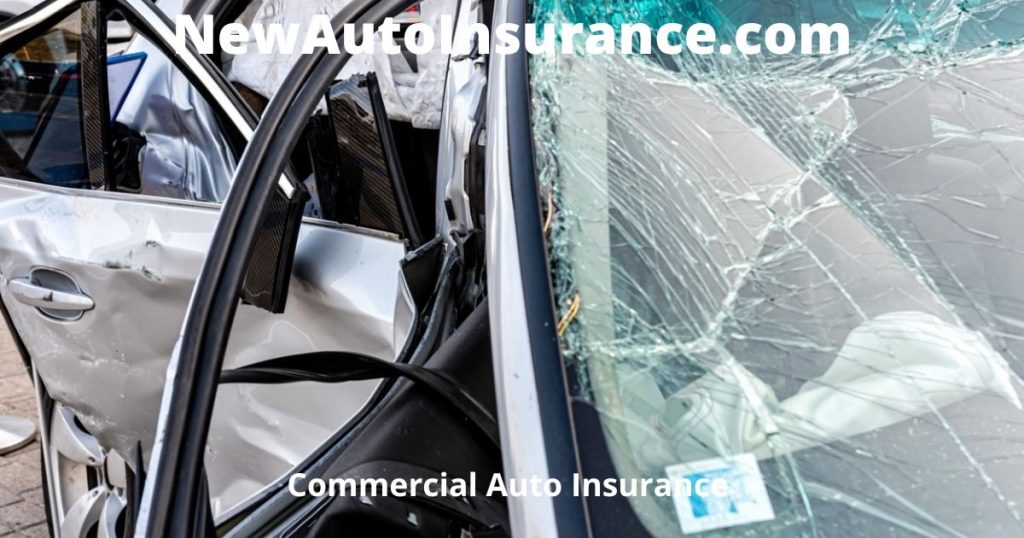Drivers in New Jersey have the option of suing for “limited” or “unlimited” damages following a car accident. That is why the state’s car insurance system is often referred to as “choice” no-fault. Let’s see if New Jersey is a no-fault state or not.
In New Jersey, all drivers must carry at least a “Basic Policy” of auto insurance. New Jersey is also a “no-fault” auto insurance state. This means that if you get an injury in a car accident, your options for filing a claim may be limited (though there is more “choice” than in most no-fault states). In this post, we’ll define a “Basic Policy” in New Jersey. We will also go through how no-fault auto insurance works, including the “restricted right to sue.”
New Jersey as a No-Fault state Car Insurance
New Jersey is one of many states that use some no-fault auto insurance system. Under no-fault insurance, your automobile insurance coverage (in New Jersey, “personal injury protection” or “PIP” coverage) pays for medical care and other out-of-pocket costs sustained by anyone insured under the policy, up to coverage limitations, regardless of who caused the accident. No-fault/PIP claims do not include non-monetary damages like “pain and suffering.”
After a Car Accident in New Jersey, You Have a “Limited Right to Sue.”
After an automobile accident, the policy will cover medical expenses and other economic damages up to the PIP limitations. Regardless of who was at fault for the crash, New Jersey vehicle owners choose only a “Basic” car insurance policy (and we’ll explain what that means a little later).
However, the policyholder (and the policyholder’s family members and any other insured people) is immediately bound by what is known as a “limited right to sue” under the Basic Policy. The wounded person can only file a lawsuit against the at-fault motorist, bypassing the no-fault requirements of PIP coverage, if the collision resulted in the following:
- Loss of a body part
- Major deformity
- Significant scarring
- A dislocated fracture
- The loss of a fetus
- Long-term harm (meaning the wounded bodily part has not fully recovered and is not likely to work properly)
- Death
Suppose the impact of the accident results in this threshold. In that case, the wounded individual has the right to file a third-party vehicle insurance or personal injury claim against the at-fault driver. It allows recovery of “pain and suffering” damages and other non-economic losses (which, again, are not available via a no-fault or PIP claim).
More information about New Jersey’s Basic Auto Insurance Policy is available from the state’s Department of Banking & Finance.
In New Jersey, a no-fault/PIP claim only applies to losses incurred by car accidents, not car damage claims. In New Jersey, there are no time limits for suing the at-fault driver for car damage (or loss).
Now that you know how no-fault vehicle insurance works in New Jersey, let’s look at a “Basic Policy” and other car insurance coverage alternatives.

In New Jersey, “Basic” Auto Insurance Coverage
New Jersey drivers must carry at least a “Basic Policy,” which includes:
- $5,000 in Property Damage Liability coverage (which applies if you cause damage to someone else’s vehicle or other property; keep in mind that this coverage does not apply to damage to your car)
- $15,000 in Personal Injury Protection(PIP) coverage, per person and accident (covers injuries suffered by you or an accident victim)
Know that the Basic Policy doesn’t include bodily injury liability coverage (although you can add $10,000 to your Basic Policy). If you cause an accident in which other drivers or passengers are hurt, you will be financially accountable for costs not covered by the injured party’s PIP insurance if you do not have liability coverage. We can say that a Basic Policy may not be suitable for everyone, particularly those with substantial personal holdings.
Choice of “Limited/Unlimited Right to Sue”
Aside from the “Basic” policy, New Jersey car owners can select a “Standard Policy,”. This policy offers bodily injury liability limits ranging from $15,000 per person/$30,000 per accident to $250,000 per person/$500,000 per accident.
If you buy a “Standard Policy,” you must select between “limited right to sue” and “unlimited right to sue.”
The “restricted right to sue” option (described above) is less expensive. Still, it also means giving up the opportunity to hold the at-fault motorist liable for your “pain and suffering” unless the collision qualifies for a no-fault/PIP claim (those are set out in the bullet list two sections above).
The “unlimited right to sue” puts all choices on the table following an automobile accident. Regardless of the amount of the ensuing injuries, including the option to sue the at-fault motorist and receive the full range of compensation (all economic and non-economic losses stemming from the accident).
Click here to learn more about auto insurance.


